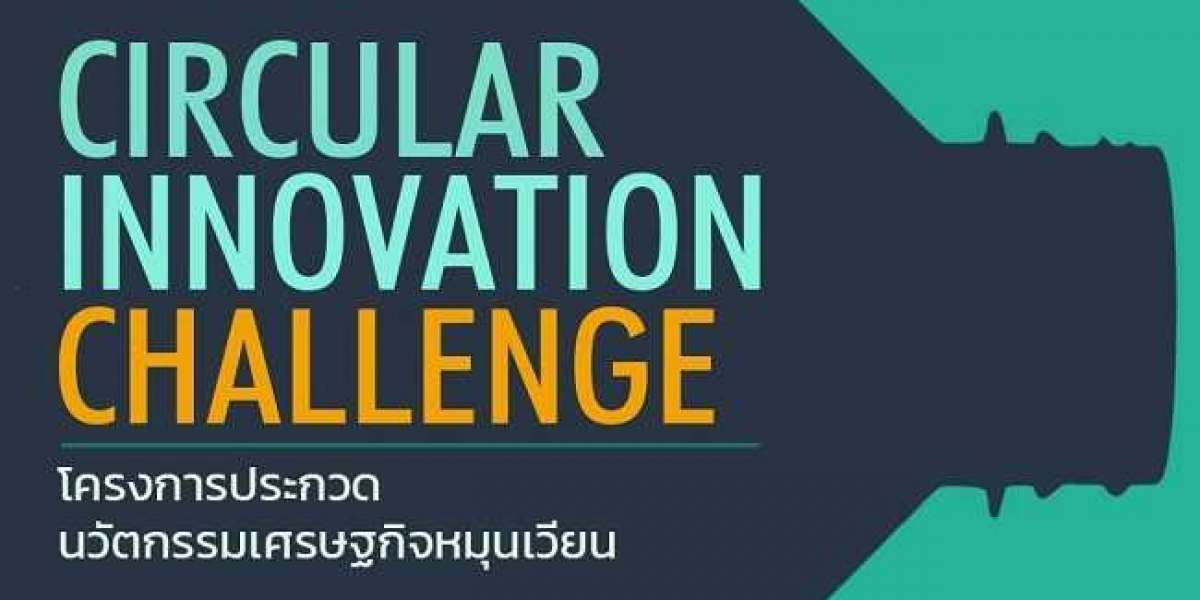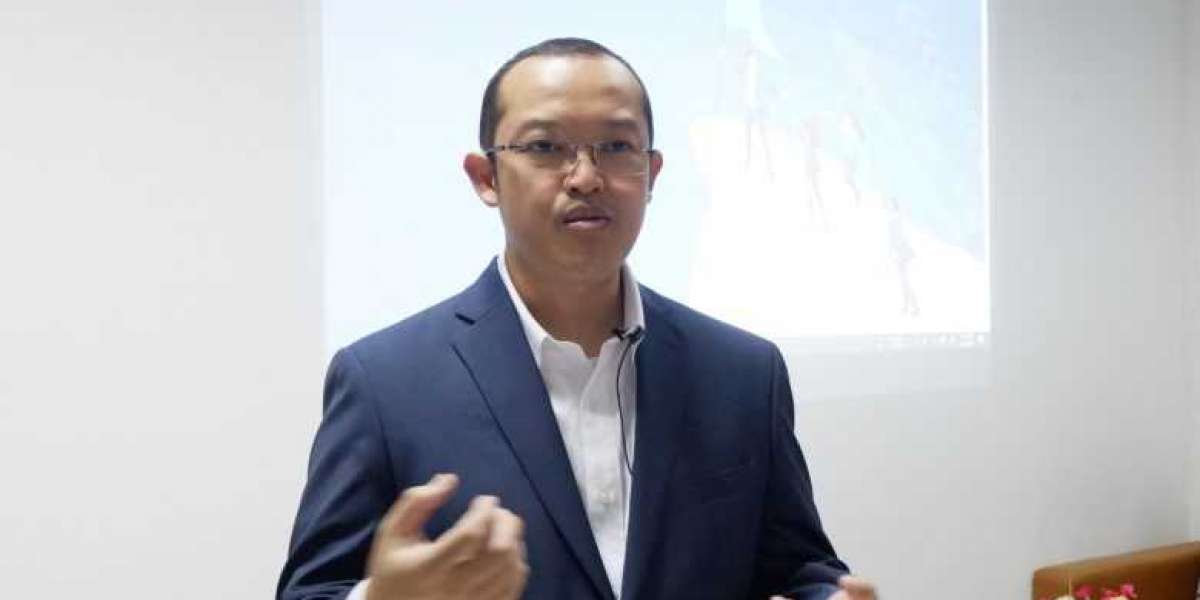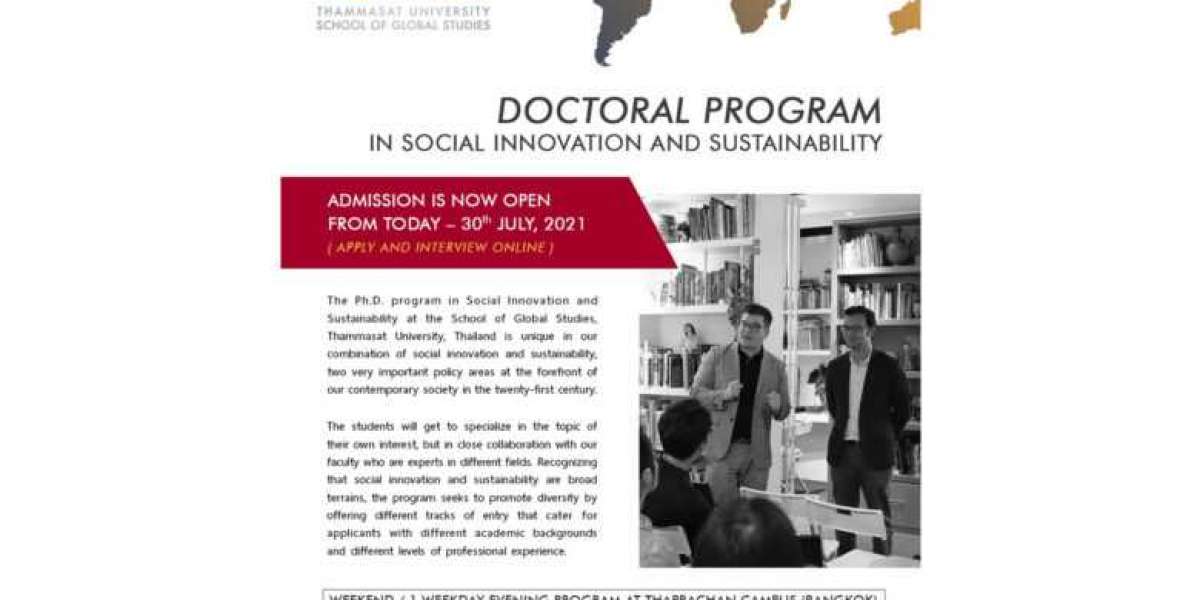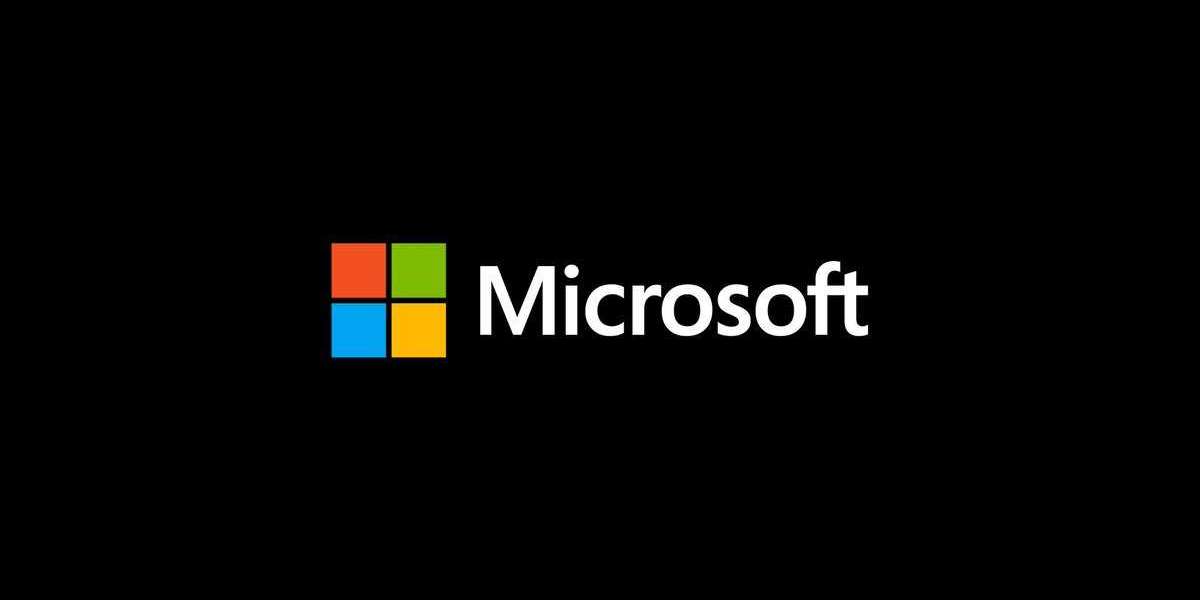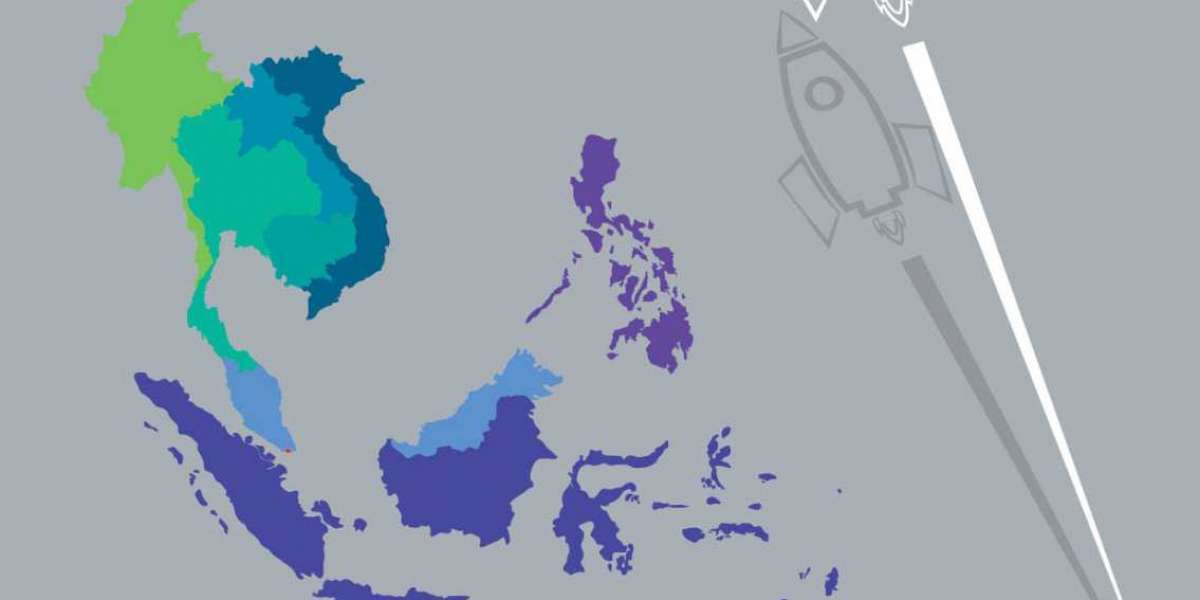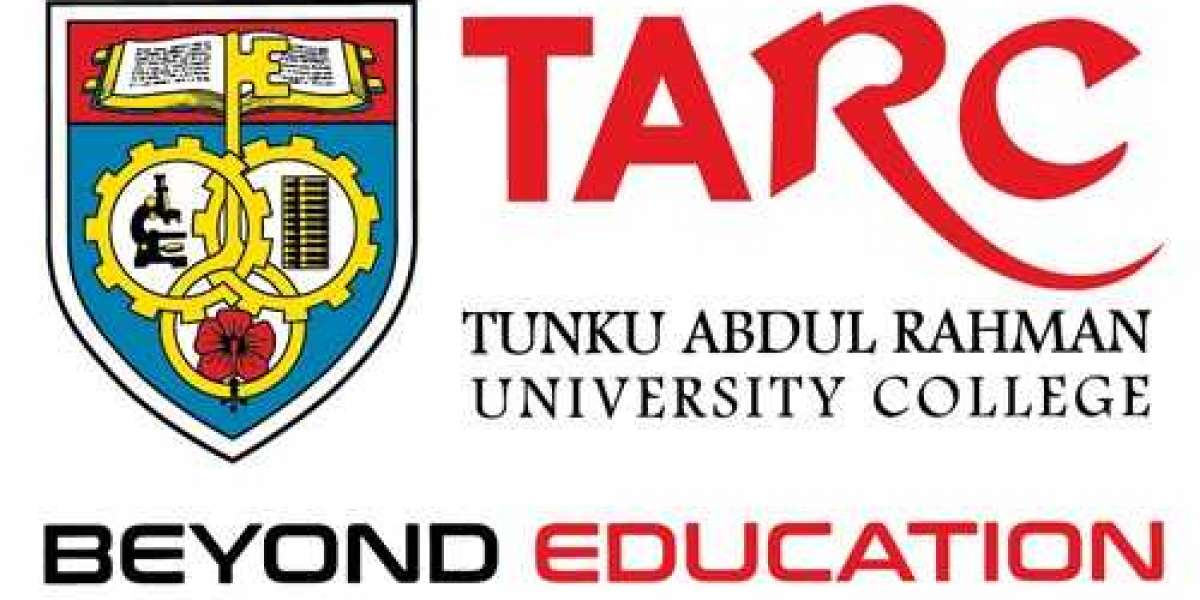School of Global Studies, Thammasat University partners with international organizations launched “The Circular Innovation Challenge” encouraging new generation to brainstorm and solve the environmental issues.
SDG Lab: School of Global Studies, Thammasat University in collaboration with Indorama Ventures Public Company Limited, a world-class chemicals company with a global leader in PET partners including the SEAMEO Regional Centre for Sufficiency Economy Philosophy for Sustainability, the United Nations Development Program (UNDP), and the United Nations Children’s Fund (UNICEF) to launch “The Circular Innovation Challenge” on April 26, 2021 to persuade young people between the ages of 16-30 to present their innovative ideas for general practice and development in order to create a circular economy, improve plastic waste management and solve hygiene problems. This challenge offers a prize valued over 200,000 baht together with learning session and workshop by experts from leading international organizations
Prof. Dr. Prapaporn Tivayanond Mongkhonvanit, Dean of the School of Global Studies, Thammasat University as the initiator of the Circular Innovation Challenge held by SDG Lab: School of Global Studies, said that the objective of the Circular Innovation Challenge is to raise awareness of circular economy issues. In addition, it helps young innovators to enhance new skills to propose solutions concerning our society and the environment. The contest will be held as a hackathon, which is a design sprint-like event in which participants brainstorm to solve the waste management issues.
Each team will consist of 3-5 members who will design and develop a project together to create a sustainable and comprehensive waste-free society within the assigned period of 1 month. All participants will have the opportunity to participate in intensive workshops led by Youth Co: Lab to learn and enhance crucial skills in social innovation. Additionally, there will be a sharing session with experts from international partner organizations. Submissions from only 10 teams in the first round will be selected for further development and will be presented to the judging panel in the final round. The winning team will receive a prize valued over 200,000 baht along with project development opportunity for concrete results and commercial use.
Mr. Yash Lohia, Chief Recycling Officer of Indorama Ventures, said, “We are proud to support ‘The Circular Innovation Challenge’ and hope to provide tools and spaces for new generations to create a circular economy for the future. Moreover, they can learn from various experts directly. We hope this project will provide a better understanding of the circular economy in Thailand and promote the benefits of using recycled products because good innovation makes a comprehensive circular economy like our PET bottles, which still circulate in the economy loop. For example, we are the first Thai company with success of high-quality PET bottle recycling for the production of medical PPE which can be washed and used repeatedly replacing the single-use one.”.
Recycling is the core element of a circular economy and a clear practice to reduce waste problems. Therefore, the company cooperates with both domestic and international organizations to support a universal declaration to increase the use of recycled products aiming at increasing the PET bottle recycling capacity to 50 billion bottles/year by 2025.
Mr. Renaud Meyer, UNDP Representative in Thailand said, “The poor waste management problem has a very negative impact on the environment and human life, especially the impact on marine resources, onshore biodiversity and public health. During the COVID-19 crisis, we saw the vulnerabilities of the waste management system, infrastructure as well as changes in waste management. However, this crisis allowed us to initiate a more sustainable model of innovation, define green spaces, build resilience to life and develop modern innovations. The United Nations Development Program believes that innovation plays a key role in solving waste management problems. Thailand supports young entrepreneurs and communities by transferring knowledge of waste management approach through circular economy principles. The concept of circular economy is not only a guide to more sustainable resource management, but it also helps to achieve other sustainable development goals. One of them is Goal 12: Ensure sustainable consumption and production patterns.”
For additional information and updates, please visit: https://www.facebook.com/tucircularinnovation/ or Website: https://sgs.tu.ac.th/tucircularinnovation
